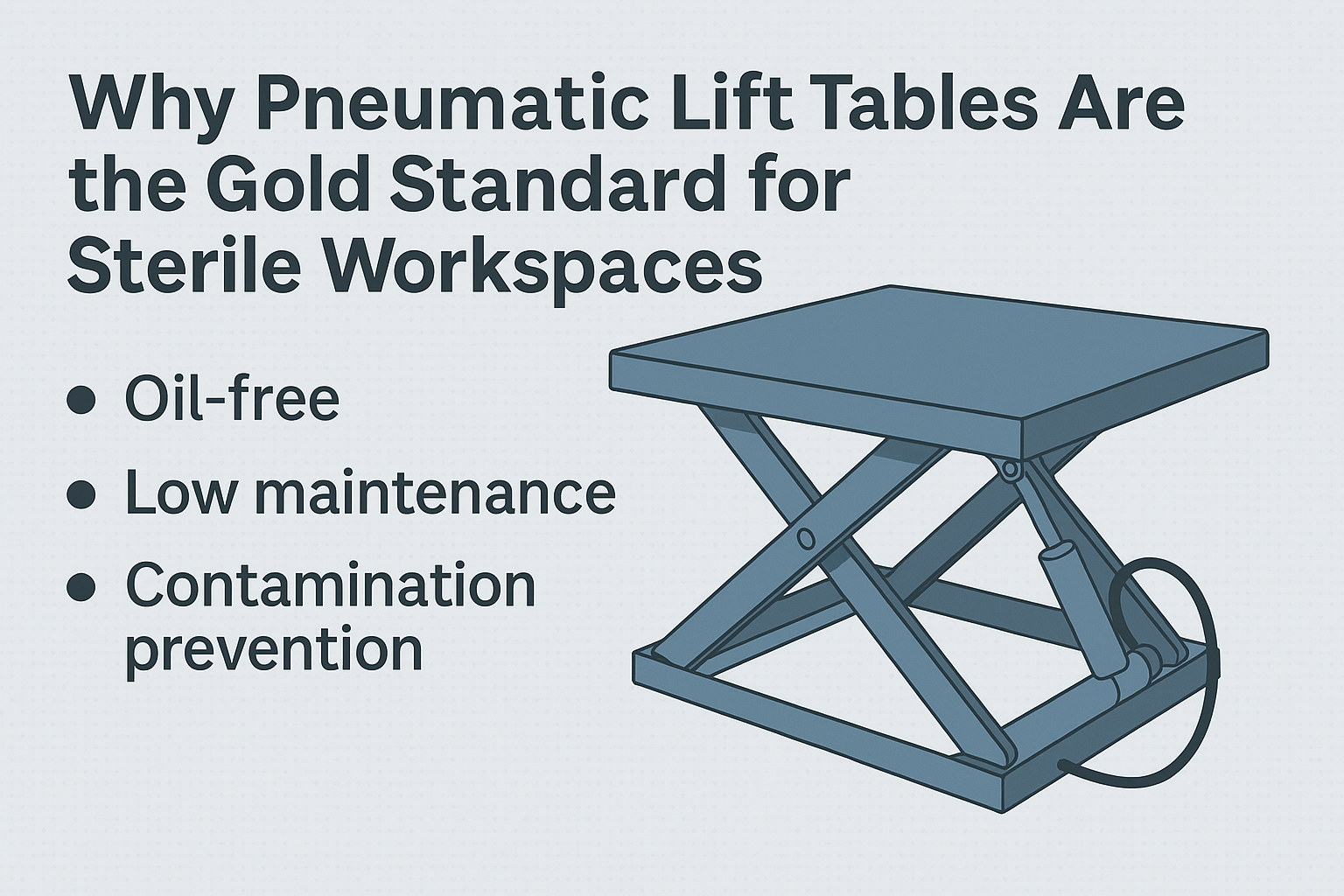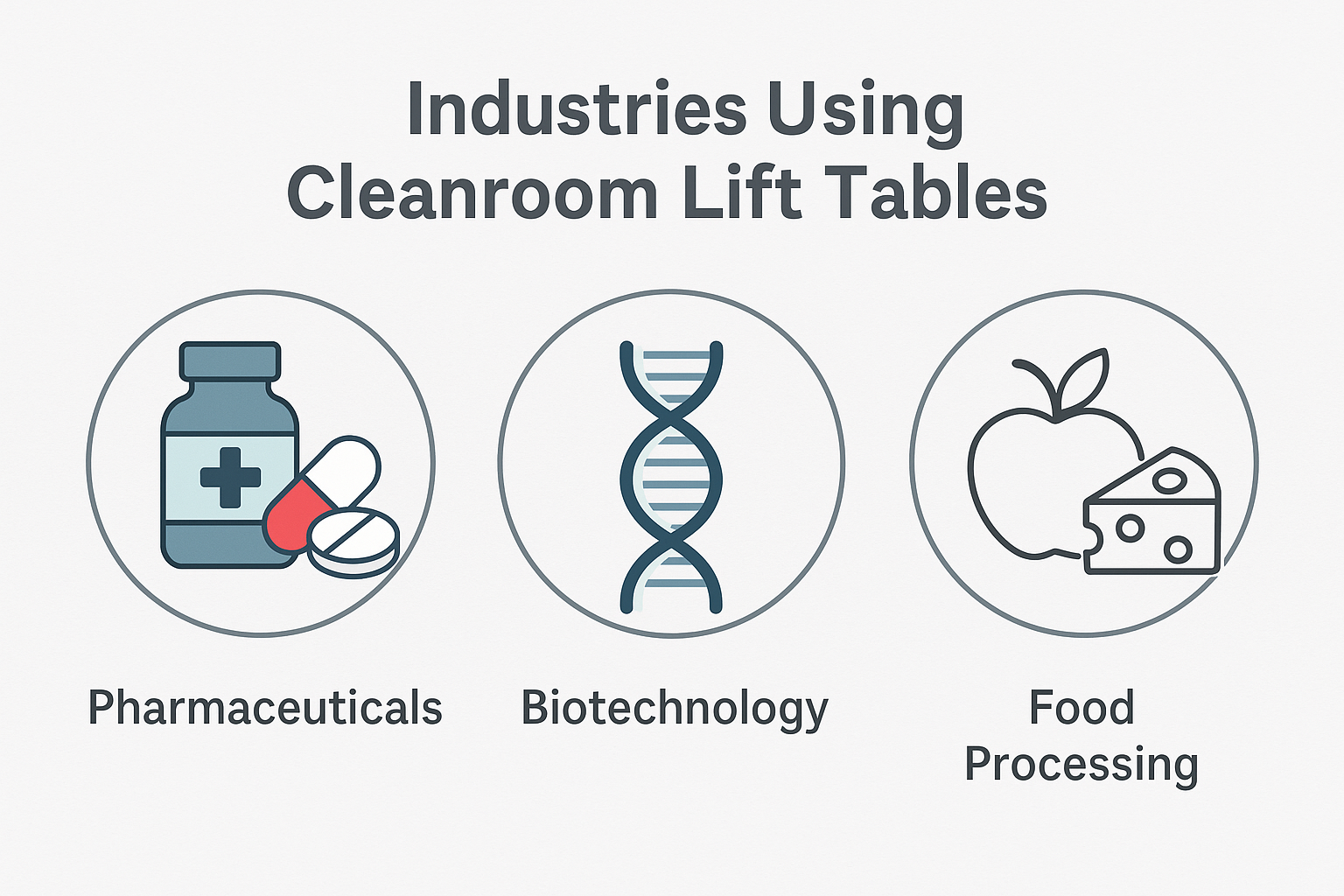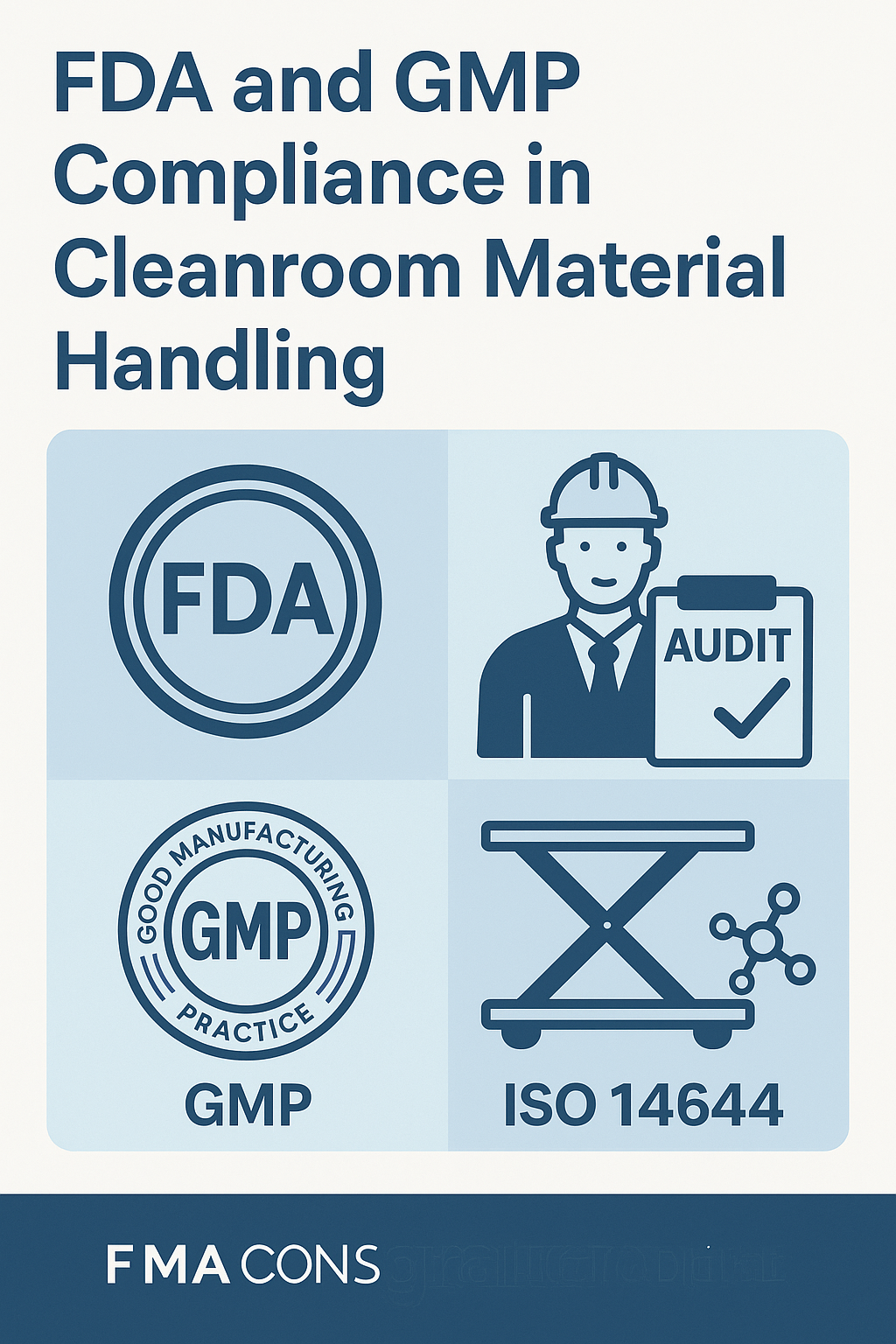
Why Pneumatic Lift Tables Are the Gold Standard for Sterile Workspaces
Explore why pneumatic lift tables outperform hydraulic and electric options in sterile environments. Clean, safe,
In the industrial sector, the costs associated with purchasing equipment and supplies can be substantial. Companies of all sizes, from small businesses to large corporations, often face the challenge of balancing budget constraints with the need for high-quality, reliable equipment. One effective strategy that has gained popularity in recent years is joining an industrial equipment and supply buying consortium. By pooling purchasing power with other businesses, companies can unlock a host of benefits that can significantly impact their bottom line. In this article, we’ll explore the advantages of being part of a buying consortium and why it might be the right choice for your business.
An industrial equipment and supply buying consortium, also known as a purchasing consortium, is a group of businesses that come together to leverage their collective purchasing power. By collaborating, these companies can negotiate better prices, terms, and conditions with suppliers. Consortia can be industry-specific or open to businesses from various sectors, and they often operate under a formal agreement that outlines the roles, responsibilities, and benefits for each member.
The concept of a buying consortium is not new, but it has become increasingly relevant in today’s competitive business environment. Companies are continually seeking ways to reduce costs without compromising on quality, and a buying consortium offers a practical solution to achieve this goal.
One of the most significant benefits of joining a buying consortium is the potential for substantial cost savings. By combining their purchasing power, consortium members can negotiate bulk discounts with suppliers. These discounts can be considerable, particularly for high-volume purchases of industrial equipment and supplies.
In addition to lower prices, consortium members may also benefit from reduced shipping costs, lower minimum order requirements, and more favorable payment terms. The collective bargaining power of the group enables members to secure deals that would be unattainable for individual companies, especially smaller businesses with limited purchasing budgets.
When companies purchase equipment and supplies individually, they may be limited by their budget, often forcing them to choose lower-quality products. However, by joining a buying consortium, businesses can access higher-quality products at more affordable prices. Suppliers are more willing to offer discounts on premium products when they know they are dealing with a large, reliable customer base.
This access to better products not only improves the quality of the goods and services a company can provide but also enhances operational efficiency and safety. High-quality equipment is less likely to break down or require frequent maintenance, leading to lower long-term costs and improved productivity.
Another advantage of participating in a buying consortium is the streamlined purchasing process. Consortiums often have pre-negotiated contracts and established relationships with suppliers, which can significantly reduce the time and effort required to source and purchase equipment and supplies.
Instead of going through the lengthy process of researching suppliers, requesting quotes, and negotiating terms for each purchase, consortium members can take advantage of the pre-negotiated agreements. This not only saves time but also ensures consistency in pricing and product quality across all purchases.
Being part of a buying consortium can lead to improved relationships with suppliers. Suppliers value the reliability and volume of business that a consortium represents, and as a result, they are often more willing to provide exceptional service, faster response times, and additional support to consortium members.
This enhanced relationship can be particularly beneficial when dealing with specialized or custom equipment. Suppliers may be more willing to accommodate specific requests or offer custom solutions to consortium members, knowing that they are serving a loyal and substantial customer base.
Many buying consortia offer their members access to valuable market insights, industry trends, and best practices. By being part of a consortium, companies can stay informed about the latest developments in the industrial sector, from new technologies and products to changes in regulatory requirements.
Additionally, consortium members often share their experiences and knowledge with one another, creating a collaborative environment where businesses can learn from each other’s successes and challenges. This exchange of information can lead to improved decision-making and more strategic purchasing.
Joining a buying consortium can also help mitigate risks associated with purchasing industrial equipment and supplies. When companies purchase individually, they bear the full burden of any risks, such as price fluctuations, supply chain disruptions, or supplier insolvency. However, in a consortium, these risks are shared among all members, reducing the impact on any single company.
Furthermore, the consortium’s collective bargaining power can lead to more favorable contract terms, such as price protection clauses or guaranteed supply agreements, which can help protect members from market volatility and ensure a steady supply of essential products.
In addition to negotiating better prices, a buying consortium’s collective bargaining power can also lead to more favorable terms and conditions in contracts with suppliers. This increased negotiating power can result in longer warranties, extended payment terms, and other benefits that would be difficult for individual companies to secure on their own.
Consortium members can also leverage their collective influence to push for more sustainable or ethically sourced products. In recent years, there has been a growing emphasis on corporate social responsibility (CSR), and many businesses are looking to improve their sustainability practices. A consortium can use its collective power to encourage suppliers to adopt more sustainable practices or offer products that align with the group’s CSR goals.
For growing businesses, scalability is a crucial consideration when it comes to purchasing industrial equipment and supplies. As a company expands, its purchasing needs increase, and so does its potential for cost savings. Being part of a buying consortium allows companies to scale their purchasing power in line with their growth, ensuring that they continue to benefit from favorable pricing and terms as they expand.
Moreover, as new members join the consortium, the group’s collective purchasing power increases, further enhancing the benefits for all members. This scalability makes a buying consortium an attractive option for companies that anticipate significant growth in the coming years.
Compliance with industry standards and regulations is a critical concern for companies in the industrial sector. Buying consortia often have established procedures to ensure that all products purchased meet relevant standards and comply with regulations. This can provide peace of mind to consortium members, knowing that the equipment and supplies they purchase are compliant with industry requirements.
Additionally, being part of a consortium can enhance accountability, as members are typically required to adhere to certain standards and practices. This can lead to more consistent quality and reliability in the products purchased through the consortium, further benefiting all members.
If your business is interested in joining a buying consortium, the first step is to research and identify consortia that align with your industry and purchasing needs. Some consortia are open to businesses from various sectors, while others may be industry-specific. It’s essential to find a consortium that has experience working with companies similar to yours and offers products and services that match your requirements.
Once you’ve identified a potential consortium, review the membership requirements, including any fees, contracts, or obligations. It’s also a good idea to speak with current members to gain insight into their experiences and the benefits they’ve received from being part of the group.
After joining, take full advantage of the resources and benefits offered by the consortium. Participate in meetings, share your insights and experiences, and collaborate with other members to maximize the value of your membership.
Joining an industrial equipment and supply buying consortium offers numerous benefits, from cost savings and access to high-quality products to improved supplier relationships and risk mitigation. For businesses looking to optimize their purchasing strategy, a buying consortium provides a practical and effective solution. By pooling resources with other companies, businesses can achieve greater efficiency, reduce costs, and enhance their overall competitiveness in the industrial sector.
If your business is not yet part of a buying consortium, now may be the time to explore this opportunity and take advantage of the many benefits it has to offer. Whether you’re a small business looking to stretch your budget or a large corporation seeking to streamline your purchasing process, a buying consortium can provide the support and resources you need to succeed.

Explore why pneumatic lift tables outperform hydraulic and electric options in sterile environments. Clean, safe,

From pharma to semiconductors, see how top industries use cleanroom lift tables to maintain compliance,

Understand what makes a lift table truly FDA and GMP compliant. Explore the must-have features,
Copyright 2025 All Rights Reserved – Industrial Man Lifts